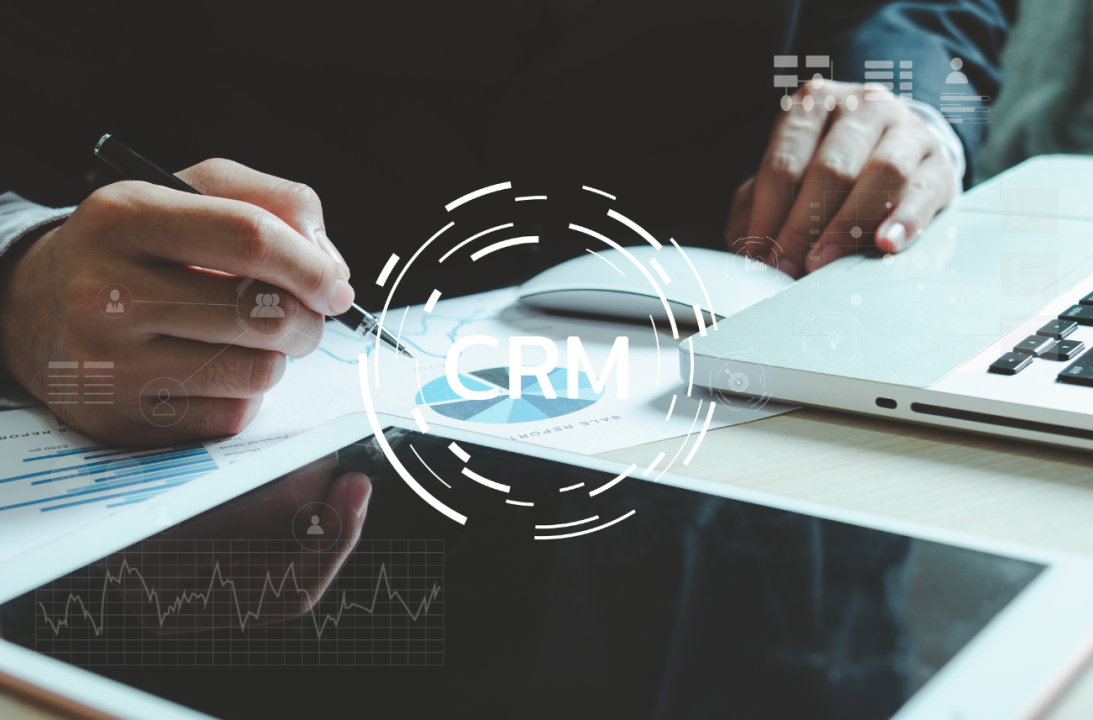Do you lead a business? Here’s 6 Reasons why you need a LinkedIn Company Page
It is crucial for Business-to-Business (B2B) organizations to have a LinkedIn Company Page and we've delved into six reasons why a strong LinkedIn presence is important.
Business-to-Business (B2B) enterprises encounter distinct challenges with social media marketing in contrast to Business-to-Consumer (B2C) companies who thrive on diverse social media channels. The B2B audience includes business leaders, professionals and decision-makers who don’t necessarily engage in “work” on social platforms like Facebook and Instagram, instead they rely on LinkedIn for networking and industry insights. Consequently, having a strong presence on LinkedIn is imperative for B2B companies aiming to connect with key stakeholders and foster meaningful business relationships.
Is it worth investing resources in having a strong LinkedIn Company Page?
With over 1 billion members, LinkedIn is the largest professional network in the world. It's a great platform to establish brand awareness, attract new customers, and engage with your target audience. LinkedIn company pages serve as a platform for organizations to highlight their business, connect with employees, showcase products and services, and disseminate news. Whether you're a solopreneur, SME, or a global corporation, having a Company Page on LinkedIn is essential.
Not convinced yet? Here’s what a consistently performing Linkedin Business Page can achieve:
1. Reach a Targeted Audience:
LinkedIn boasts a user base of professionals across various industries, offering a pool of potential customers for B2B businesses. Notably, 80% of B2B social media leads come from LinkedIn (Source: Marketo). LinkedIn's advertising features allow you to reach decision-makers and key stakeholders directly .
2. Establish a Professional Online Presence:
A well-crafted LinkedIn Company Page acts as a central hub for showcasing your brand’s story, values, and products/services. It increases brand visibility and builds trust with existing clients and potential leads. Companies with completed LinkedIn Company Pages generate 50% more website traffic from organic searches than companies with pages that are left incomplete. (Source: LinkedIn)
3.Build brand awareness and industry leadership:
By sharing industry insights, articles, and engaging content your company emerges as an industry leader, establishing authority, attracting potential clients and appealing to partners. Notably, LinkedIn has shown to drive a 33% increase in purchase intent. Furthermore, audiences exposed to brand and acquisition messages on LinkedIn are 6x more likely to convert, underscoring its efficacy in driving business outcomes.
4. Employer branding and Talent Sourcing
Today’s Job seekers are proactive, often researching potential employers and reaching out to existing employees for feedback. If you've been publishing relevant content consistently and running an effective company page, some of the best candidates are likely following the company page and have engaged with your brand even before you interview them.
5. Revenue Growth:
According to LinkedIn, B2B leads generated on LinkedIn convert at a rate 3 times higher than leads from other channels. This directly contributes to increased revenue growth for businesses leveraging LinkedIn as a marketing platform.
6. Analytics and Reporting:
LinkedIn provides robust analytics and reporting tools that offer insights into the performance of your company page, content engagement, and audience demographics. By using these metrics, businesses can refine their marketing strategies, optimize content for better engagement, and make data-driven decisions to enhance their LinkedIn presence and overall marketing efforts.
So, are you ready to take the next step and build an effective LinkedIn company page?
We strongly recommend having a strong company page with a plethora of information allowing you and your team members to engage with the followers and audience. Creating and maintaining a Company Page is no longer optional for B2B businesses in today's competitive landscape. It is a must.
Need help with a Business LinkedIn Page? Send me a message on LinkedIn or contact us.
Share this article with your network if you found it helpful, and leave a comment if you have any suggestions on Linkedin Company pages.










